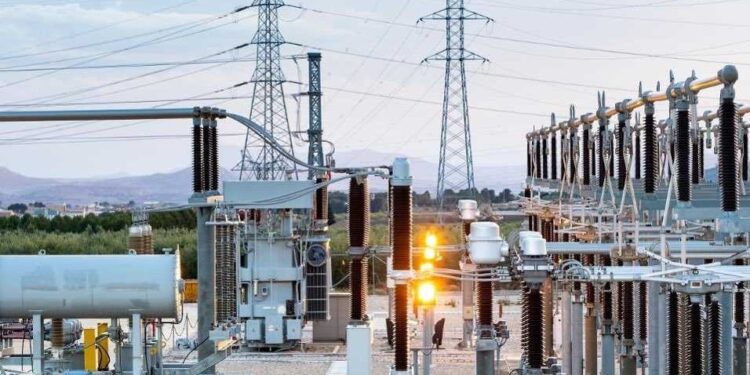The Institute for Energy Security (IES) has said it has observed with grave concern the deteriorating state of Ghana’s power sector under the current government, despite inheriting substantial resources and opportunities in 2017.
The sector, which was on a trajectory of recovery and growth, has suffered significant setback, IES said.
This sector, which plays a critical role in driving the nation’s economy and improving the lives of citizens, is now beleaguered with operational and financial inefficiencies, mounting debts, mismanagement, diminishing public confidence, and questionable choices, it added.
- Inherited resources and missed opportunities
As a starting point, it is important to note that in January 2017, the government of the New Patriotic Party (NPP) inherited a relatively stable power sector without extended power outages (dumsor). The government received a well-positioned power sector, including:
- Excess capacity to meet demand: Ghana’s installed generation capacity stood at 4,599 MW, with a dependable capacity of 4,127 MW, serving a peak demand of 2,078 MW in December 2016.
- While capacity has increased to 5,639 MW at end 2023, demand growth to 3,618 MW has been met with significant power generation deficits and frequent outages, exposing inefficiencies in capacity utilization and planning.
- ESLA introduction: The Energy Sector Recovery Levy (ESLA) had been introduced in 2016, and generates about $650 million annually to clear legacy debts and stabilize the sector.
- However, proceeds have been misapplied through collateralization, leaving the sector saddled with over $2 billion in debt after eight (8) years, raising questions about accountability and the justification for collateralization.
- Transition to natural gas: By 2017, Ghana had significantly reduced reliance on liquid fuels and shifted to domestic natural gas resources from Jubilee, Tweneboa- Enyera- Ntomme (TEN), and Sankofa Gye Nyame (SGN) fields.
- Despite this progress, domestic gas optimization has stagnated, forcing reliance on imported liquid fuels and Nigerian gas, a clear failure to build on inherited gains.
- Eight years on, Ghana continue to depend on a single gas processing plant, largely for its power generation needs. This neglect of critical infrastructure expansion has constrained domestic gas utilization and compromised energy security.
- Financial performance of utilities: Prior to 2017, the Electricity Company of Ghana (ECG) was recording profits, and the VRA was not struggling with cash flow constraint.
- Once-profitable state utilities such as ECG and VRA have become financially distressed. ECG now incurs technical and commercial losses exceeding 30%, with monthly revenue collections as low as 50% of expected revenue. The Public Utilities Regulatory Commission (PURC) estimates monthly revenue losses of $67 million.
- Private sector participation: Between 2014 and 2017, an agreement emerged from the Millennium Challenge Corporation (MCC) Compact II, signed between the U.S. and Ghana. A significant component of the compact was the Private Sector Participation (PSP) in ECG to improve management and inject capital into Ghana’s electricity distribution sector.
- The MCC partnership to restructure the Electricity Company of Ghana (ECG) was derailed due to transparency and accountability issues.


